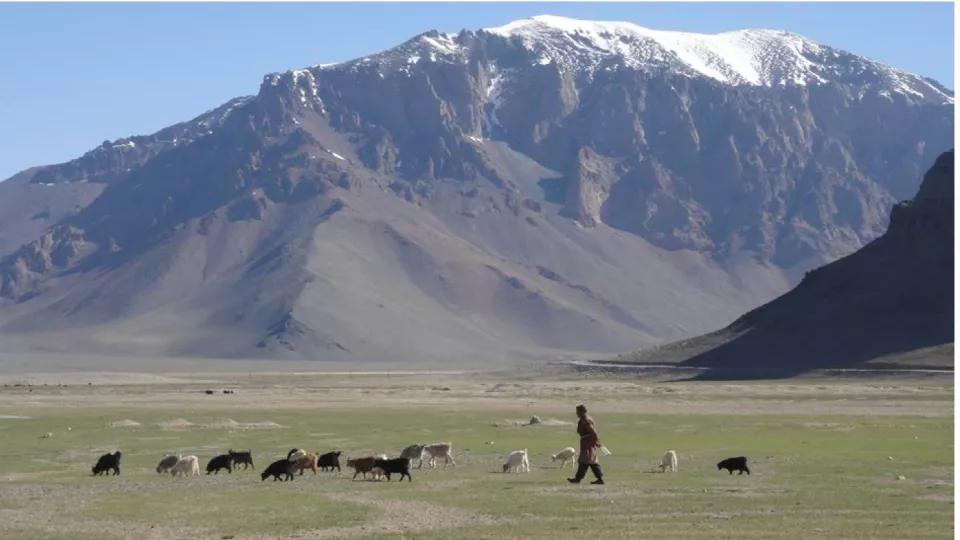Anna Tengberg and Sandra Valencia at LUCSUS have written a report, Science of Integrated Approaches to Natural Resource Management – commissioned by the Scientific and Technical Advisory Panel (STAP) of the Global Environment Facility (GEF).
The GEF is a partnership of 18 agencies, including United Nations agencies, multilateral development banks, national entities and international NGOs, working with more than 180 countries to address global environmental issues while supporting national sustainable development initiatives. Today the GEF is the largest public funder of projects to improve the global environment.
We talk to Anna Tengberg about the report.
What is the report about?
The report seeks to strengthen the GEF’s efforts on integrated programming by assessing key aspects of integration based on systems thinking principles required to design and implement natural resource management projects. The report identifies challenges and opportunities for the GEF to consider in its future integrated efforts.
The aim of the report is to provide guidance to STAP on the design of integrated projects across focal areas such as such as land degradation, biodiversity and climate change, linked to the multilateral environmental agreements (MEAs).
What do you hope will come out of the report?
Since the GEF is the financial mechanism of the multilateral environmental agreements – and we have looked at integration across focal areas such as land degradation, biodiversity and climate change, we hope that the report will help to increase synergies in the design and implementation of the United Nations Convention to Combat Desertification, The Convention on Biological Diversity and United Nations Framework Convention on Climate Change with respect to natural resources management.
We also hope that it will provide inspiration to GEF in the development of its strategy for the next replenishment phase, GEF-7, where negotiations will start next week and be concluded in April next year.
Why do you think you were commissioned to write the report?
I have worked for over 20 years with designing and overseeing implementation of GEF projects for United Nations Environment Programme, UNEP, United Nations Development Programme, UNDP, and more recently as a consultant for several GEF agencies, such as the Food and Agriculture Organisation of the United Nations, FAO, and International Fund for Agricultural Development, IFAD, as well as my old employers UNEP and UNDP.
